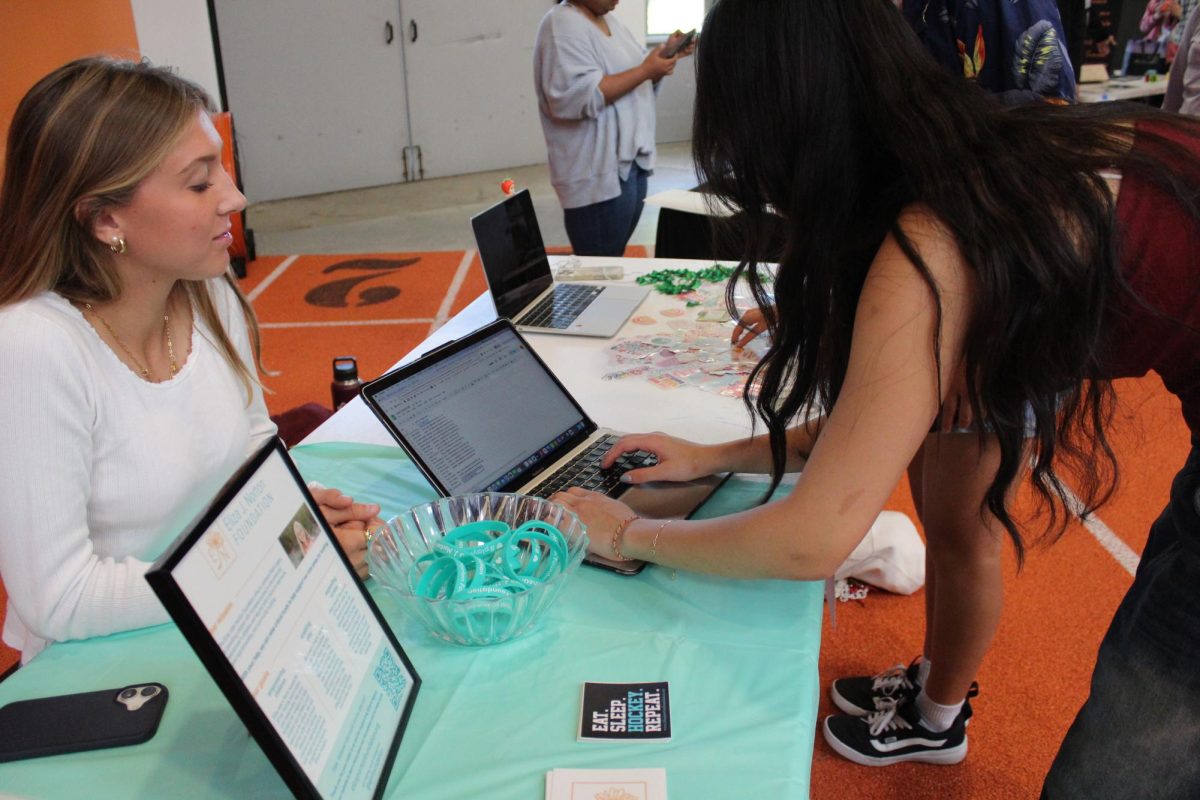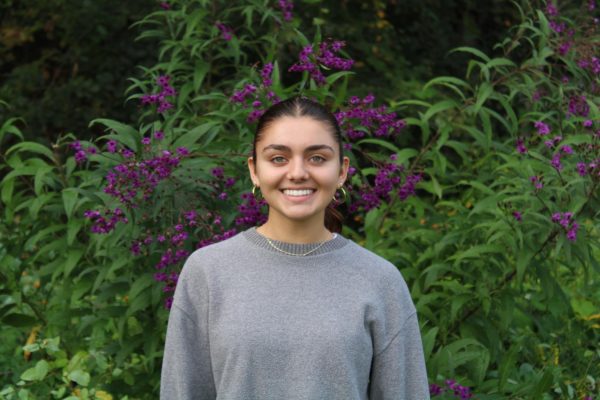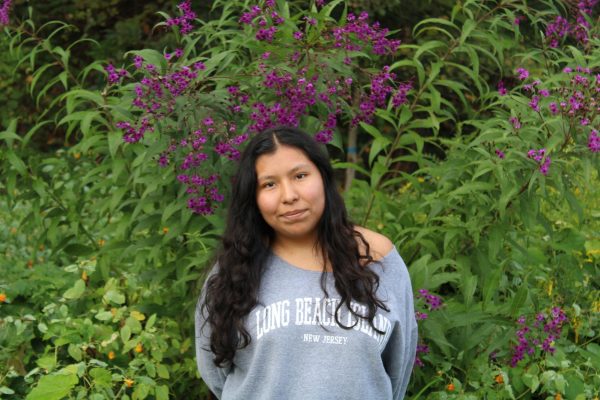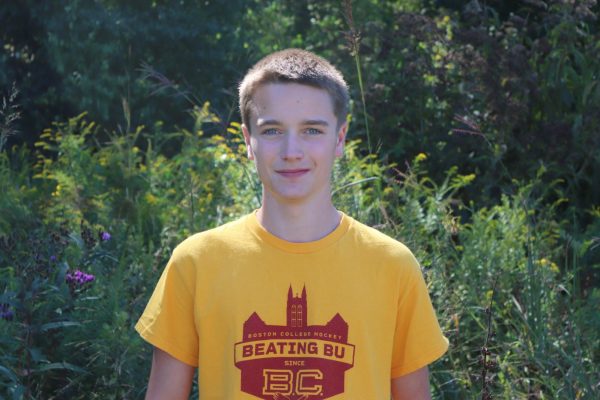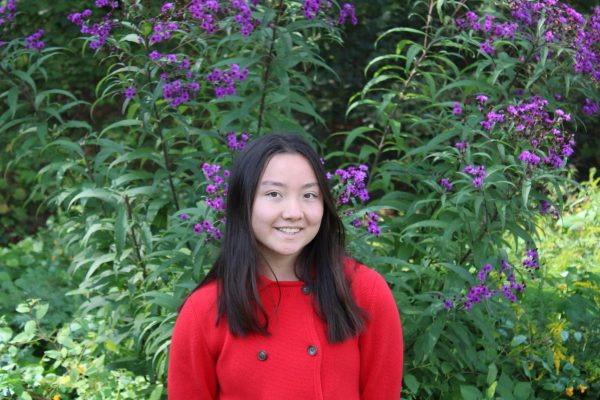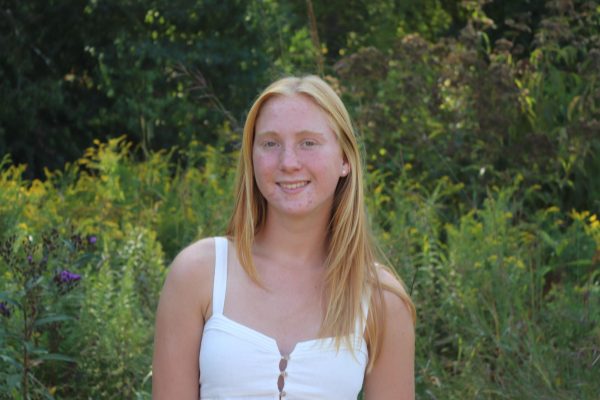The morning after the 2024 Presidential Election, you walk into WHS unsure whether or not the environment has shifted. You enter the commons before school and you observe the setting of students. Nothing seems to have changed, but once you reach your friends, an intense conversation emerges, the center of it being about who voted. An awkwardness arises, as friends dodge questions about who they voted for. You don’t know what you should say since you don’t want to offend anyone with your opinions, but you also believe that it’s an important topic that should be discussed. In this moment, American politics has caused rift between you and those close to you.
On Tuesday, Nov. 5, a presidential election occurred between Former President Donald Trump and Vice President Kamala Harris. Leading up to the election, some WHS students eligible to vote utilized social media for information, took an Advanced Placement U.S. Government Class (AP Government) or conducted their own research. These students learned not only about the presidential election, but about senatorial issues in particular states and ballot questions.
“I knew about the senators and what senators were running, but I didn’t really know about the polling questions, [like the] [Massachusetts Comprehensive Assessment System] (MCAS) question or the psychedelic question,” senior Kanmani Sekhar said. “That made me do more research about how MCAS affects kids in different schools and other stuff that I probably wouldn’t have looked into if I didn’t need to vote.”
While information has been provided to students who take history classes such as AP Government, some students have used social media to gather more information on the election. Whether it’s intentional or not, election based content on social media have the possibility to persuade students into forming opinions.
“I think my own research in the summer was [using] a lot of social media,” senior Luke DiPietro-Froio said. “The majority [of information I received came] from whatever I saw on Instagram or TikTok because I’m on there regardless if I’m looking for political stuff or not.”
Some Wayland seniors taking AP Government were provided with information about the election through the class’s curriculum. Along with this, other history classes created assignments that highlighted certain aspects of this election. In Advanced Placement United States History (APUSH), WHS history teacher Katherine Bassen had her students predict the results of the senate elections and ballot questions. However, the election is — generally — seldom brought up within classrooms due to its tendency to be controversial.
“I didn’t spend as much time talking about the presidential election because it obviously can be, in particular this election cycle, a particularly controversial topic,” Bassen said. “I think that so much of politics is local and getting a foothold in terms of understanding those different kinds of issues. It’s a little bit less explosive when you’re looking at something in your state versus more national.”
Despite the election being a relevant topic in the past several months, Bassen finds that some students don’t take an immediate interest in political issues, as the effects of these issues don’t have as significant of a presence in their lives compared to adults. According to Bassen, this could be because of historical events that have taken place in past centuries.
“It’s difficult to get students, teenagers and even younger to be invested in the government since there’s sort of an ‘anti-government’ strand throughout American history,” Bassen said. “Until things really start impacting you as a voter and as an adult, it can be hard to be invested.”
Depending on where in the U.S. a person lives, the political environment may influence their opinions, and determine where they ultimately place their vote. In Wayland, there have been contrasting viewpoints through the happenings of different rallies for both Former President Donald Trump and Vice President Kamala Harris. The electoral college controls the results of the presidential election and the first to reach 270 electoral votes wins. Swing states are usually the determining factor in who wins the elections, which left Harris and Trump battling out in the seven swing states.
Being a first time voter can be stressful for some students. Knowing that casting one’s ballot can impact not only themselves but those around them may feel pressuring to young voters. The Sine Institute of Policy and Politics conducted a study on young Americans considering casting their vote and found that only 47% remain optimistic about the future of the U.S..
In addition to conducting research on candidates and ballot questions, student voters also navigated in-person voting, as well as the conversations in school in the election’s aftermath.

























![Join WSPN’s Marissa Mendoza, Edge Wheeler, Ainsley Jay, Bowen Morrison and Sofia Ciciarelli as they cover seniors’ involvement in the election and the viewpoint from a WHS educator. “[The election is] a really toxic environment,” WHS history teacher Katherine Bassen said. “It would be disingenuous for me to say, ‘oh, everything's going great.’ Obviously it's not, right?”](https://waylandstudentpress.com/wp-content/uploads/2024/12/IMG_0282-1-1200x800.jpg)
